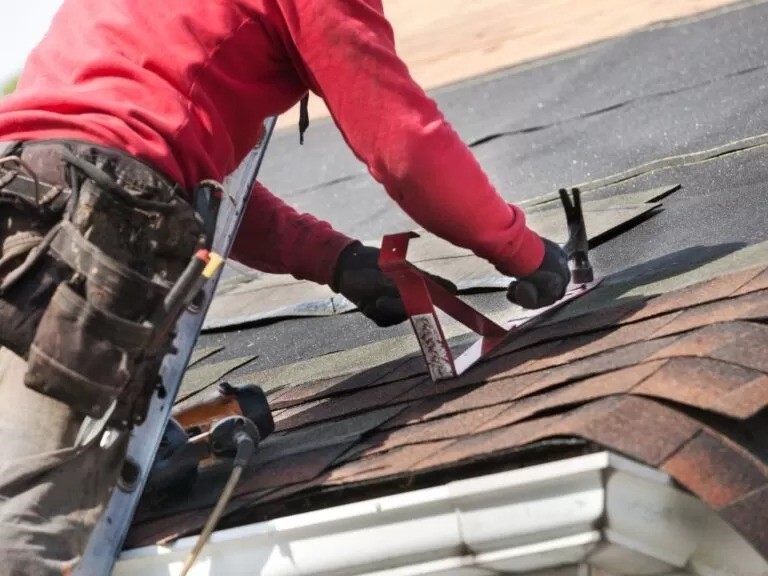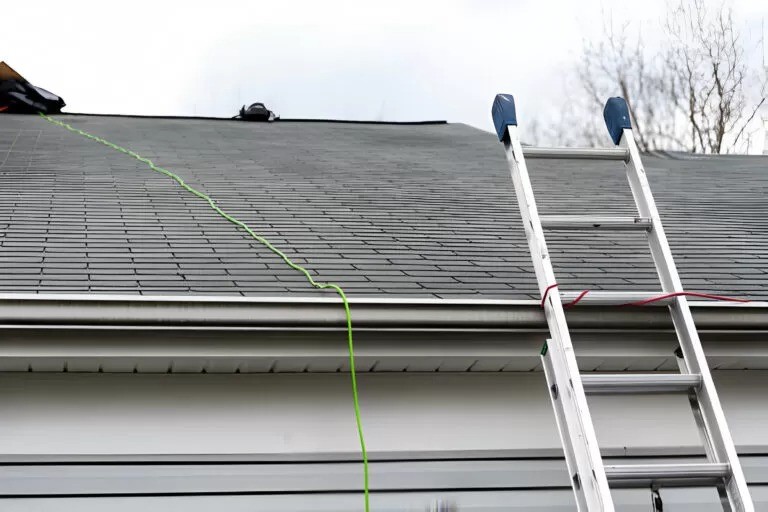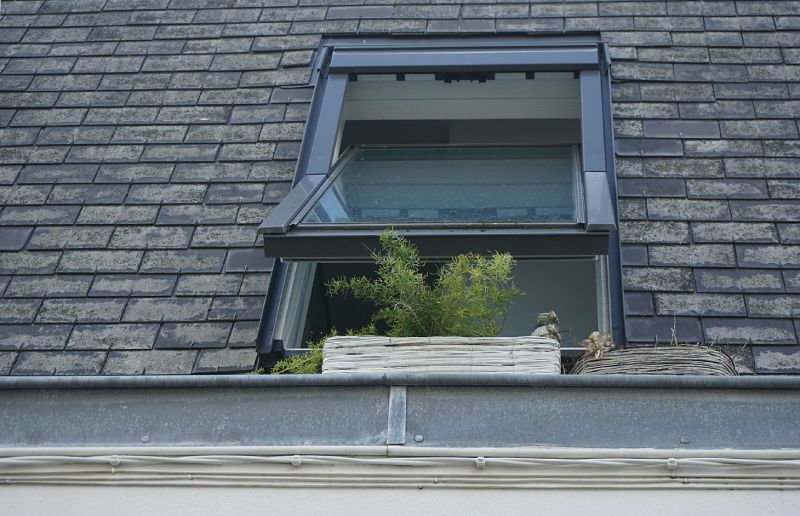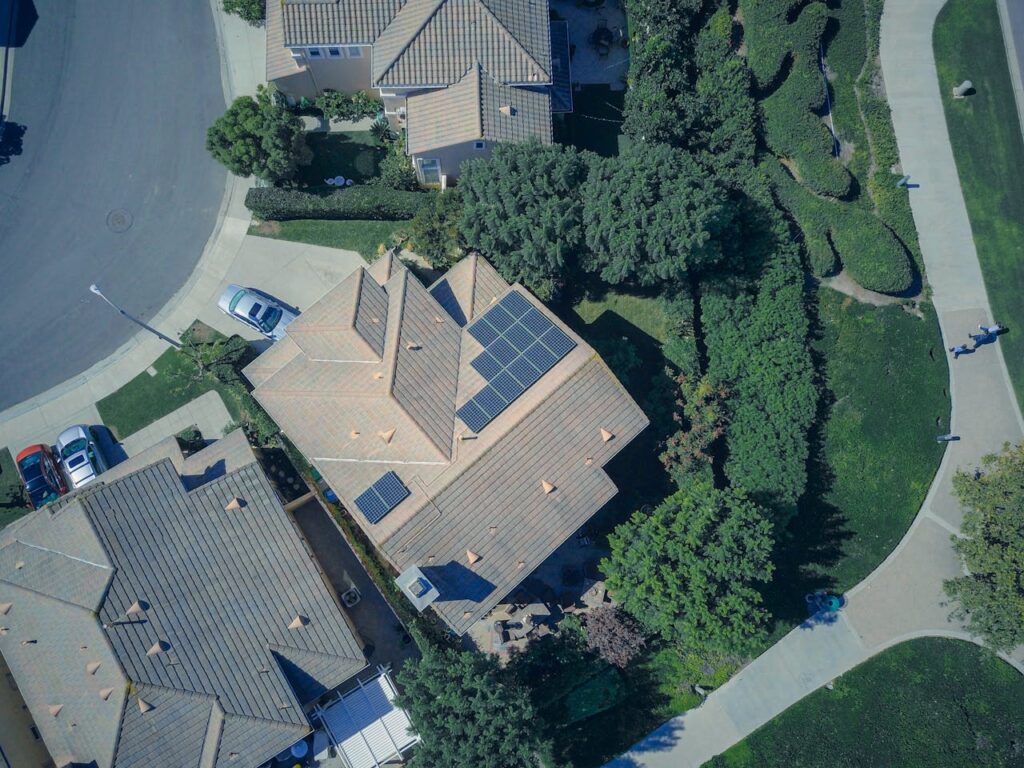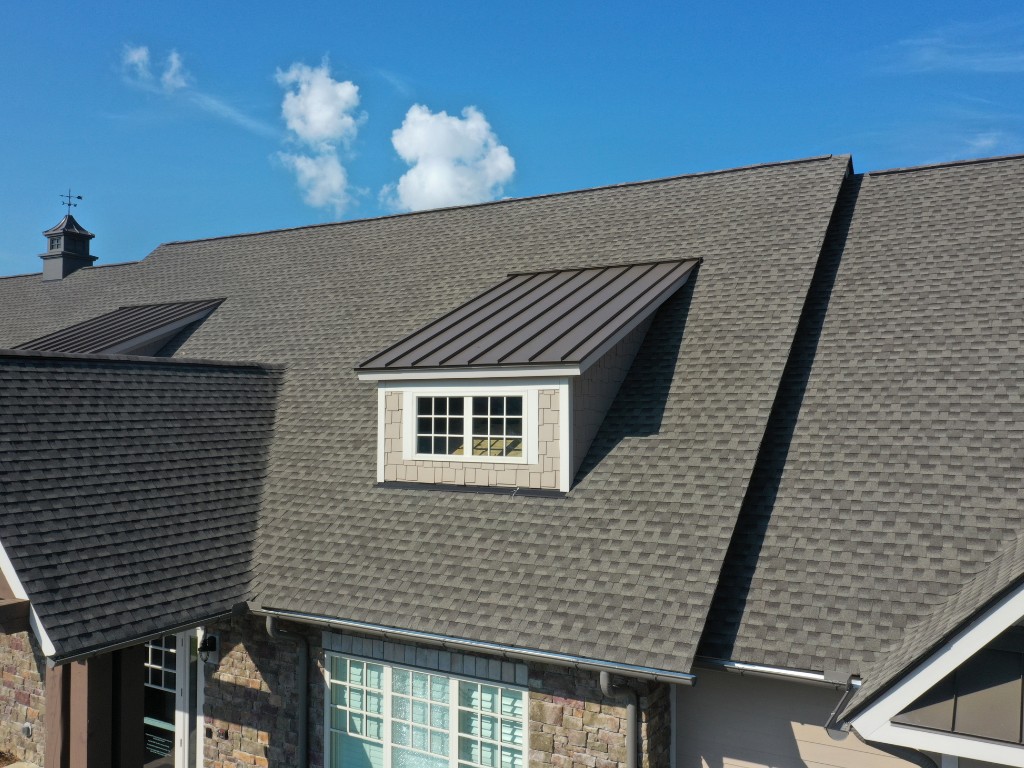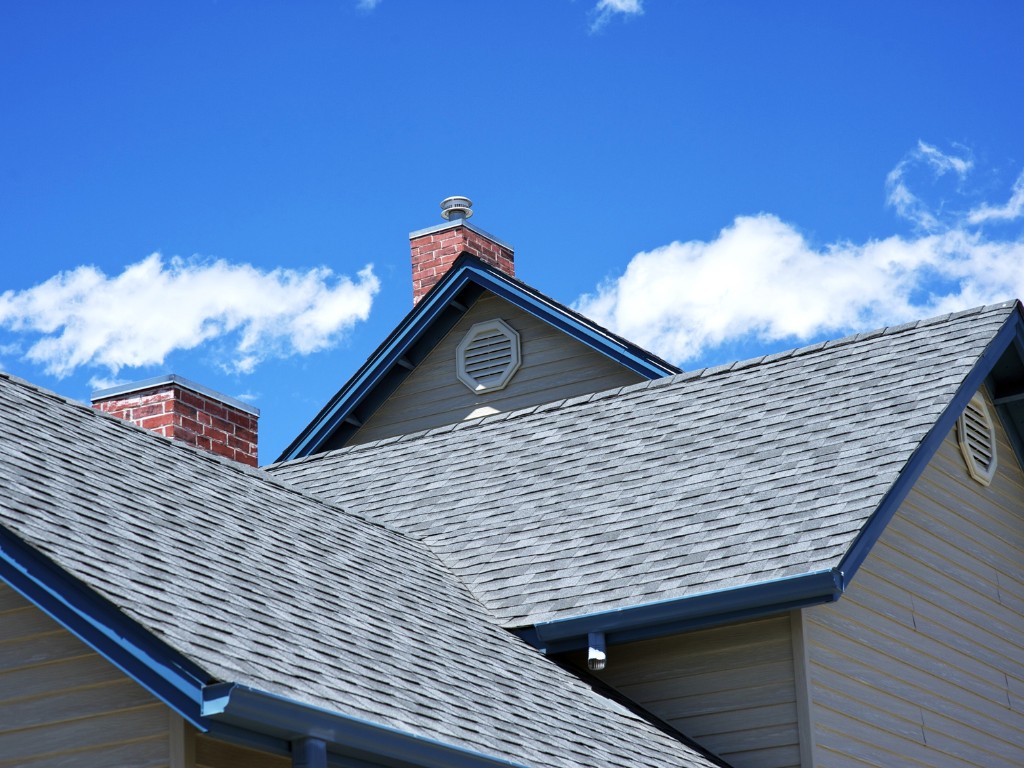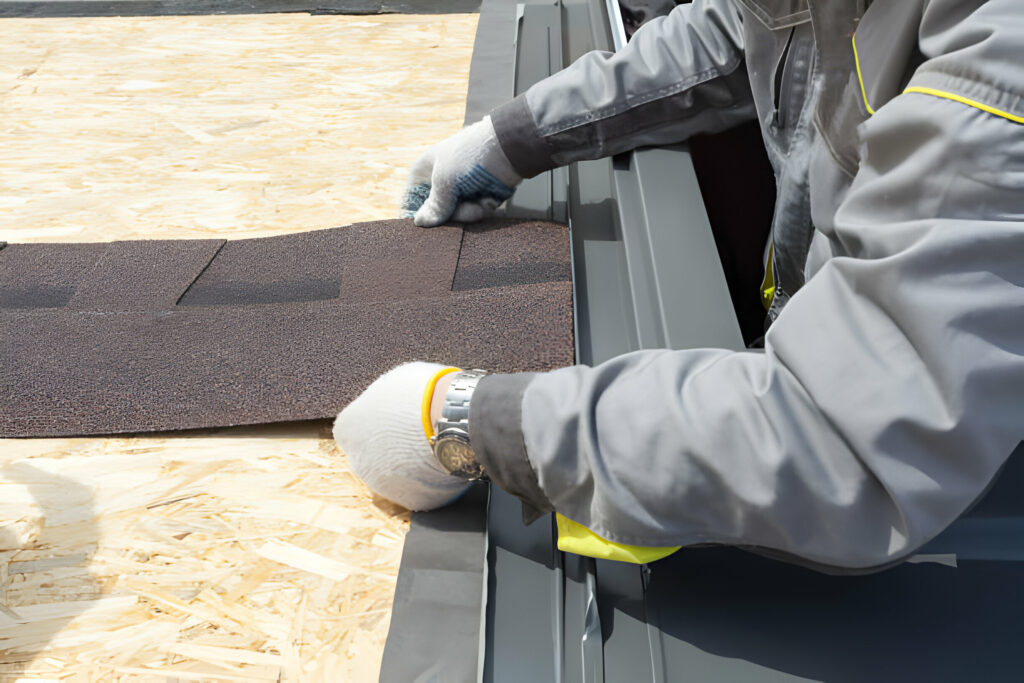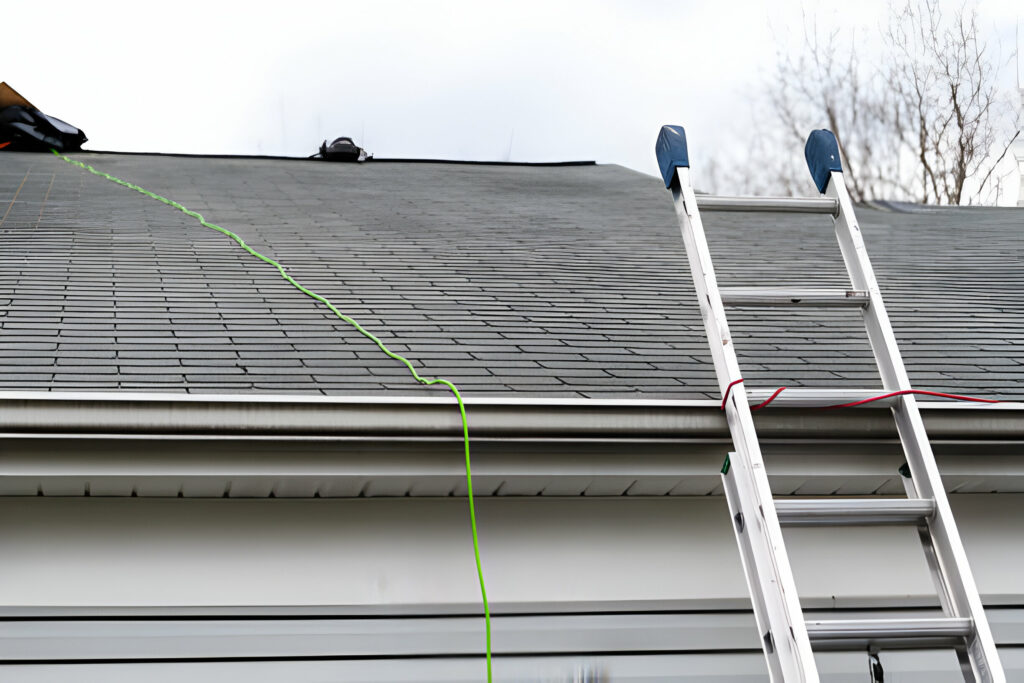Knowing the signs that indicate the need for roof replacement can save you from costly repairs in the future. One of the most obvious signs is water leakage. If you notice water stains on the ceiling or walls, it’s a clear indication that your roof needs attention. Other signs include cracked or missing shingles, excessive granule loss, and sagging or buckling of the roof. Regular inspections by a professional commercial roof replacement company in Denver, Colorado, can help identify these signs early on.
Types of Commercial Roofing Materials
The choice of roofing materials plays a significant role in determining the lifespan of your commercial roof. There are various options available, including built-up roofing, metal roofing, single-ply membranes, and modified bitumen. Each material has its advantages and disadvantages in terms of durability, energy efficiency, and cost. Consulting with a reputable roof replacement company can help you choose the right roofing material that suits your specific needs and budget.
Environmental Factors
The climate and environment in which your commercial property is located can greatly impact the lifespan of your roof. Extreme weather conditions, such as heavy rainfall, snow, hailstorms, or prolonged exposure to sunlight, can accelerate the deterioration of roofing materials. Additionally, factors like high winds, pollution, and temperature fluctuations can also impact the integrity of your roof. Regular inspections can help assess the impact of environmental factors and determine the appropriate replacement intervals.
Installation Quality
The quality of the initial roof installation plays a crucial role in determining its lifespan. A poorly installed roof can result in premature wear and tear, leading to the need for early replacement. It is essential to hire experienced and certified commercial roof replacement contractors who adhere to industry standards and best practices. Investing in professional installation initially can save you significant costs in the long run.
Maintenance Practices
Regular maintenance is key to prolonging the lifespan of your commercial roof. Neglecting routine inspections, cleaning, and repairs can lead to minor issues escalating into major ones. It is recommended to have your roof inspected at least twice a year by a professional roofing company. They can identify any potential issues and perform necessary maintenance tasks, such as clearing debris, checking for leaks, and repairing damaged areas, to ensure the longevity of your roof.
Building Use and Foot Traffic
The purpose and usage of your commercial building can also impact the lifespan of your roof. Buildings with high foot traffic or heavy equipment usage may experience more wear and tear on the roof. Additionally, if your building houses equipment that emits chemicals or substances that can corrode roofing materials, it is crucial to have regular inspections and maintenance. Understanding the specific demands placed on your roof can help determine the frequency of replacement.
Manufacturer Warranties and Specifications
When installing a commercial roof, it is essential to consider the manufacturer’s warranties and specifications. Different roofing materials come with varying warranty periods, ranging from 10 to 30 years or more. Adhering to the manufacturer’s specifications, such as proper installation techniques and maintenance requirements, can help ensure the validity of the warranty. Consulting with a professional roof replacement company can ensure that your roof meets the necessary criteria for warranty coverage.
Signs Indicating the Need for Replacement
Apart from the signs mentioned earlier, there are other indicators that your commercial roof may require replacement. These include recurring roof leaks, extensive mold or mildew growth, and a significant decrease in energy efficiency. If your roof has reached its expected lifespan, even without visible signs of damage, it is advisable to consider replacement to avoid unexpected failures.
Recommended Replacement Intervals
Determining the recommended replacement intervals for commercial roofs can be challenging due to various factors. However, as a general guideline, most commercial roofs require replacement every 15 to 30 years. Regular inspections by a professional commercial roof replacement company in Denver can help assess the condition of your roof and provide accurate recommendations based on its current state.
Benefits of Hiring a Professional Commercial Roof Replacement Company in Denver, CO
Hiring a professional offers numerous benefits. First and foremost, they have the expertise and experience to accurately assess the condition of your roof and recommend appropriate solutions. They also have access to high-quality materials and equipment, ensuring a durable and long-lasting roof. Furthermore, professional roof replacement companies can handle all aspects of the project, from planning and installation to cleanup, saving you time and effort.
Importance of Regular Roof Inspections and Maintenance by Your Commercial Roof Replacement Company in Denver, CO
Regular roof inspections and maintenance are vital for the longevity and safety of your commercial building. By identifying and addressing potential issues early on, you can prevent major damages that can disrupt your business operations and incur significant costs. Additionally, routine maintenance tasks, such as cleaning gutters, removing debris, and repairing minor damages, can help extend the lifespan of your roof and maximize its performance.
FAQs About Roof Replacement
Q: How do I know if my roof needs to be replaced?
A: Look for signs such as missing or damaged shingles, leaks, sagging areas, and age of the roof. If you’re unsure, consult with a professional roofer for an inspection.
Q: What factors determine the cost of roof replacement?
A: Factors include the size of the roof, materials used, roof pitch, extent of damage, labor costs, and any additional features like skylights or chimneys.
Q: How long does a roof replacement typically take?
A: The duration depends on various factors such as the size and complexity of the roof, weather conditions, and the efficiency of the roofing crew. On average, it can take anywhere from a few days to a couple of weeks.
Experience Quality and Durability with Roofing Systems Int’l of South Denver Today!
Regular roof maintenance and replacement are vital for the integrity and safety of your commercial property. By considering factors such as signs of damage, roofing materials, environmental factors, installation quality, maintenance practices, building usage, and manufacturer warranties, you can determine how often you should replace your commercial roof. Consulting with a professional commercial roof replacement company in Denver, Colorado, is crucial for accurate assessments, recommendations, and high-quality installation. Don’t overlook the importance of regular roof inspections and maintenance to ensure the longevity of your commercial roof. Contact Roofing Systems Int’l of South Denver today!

